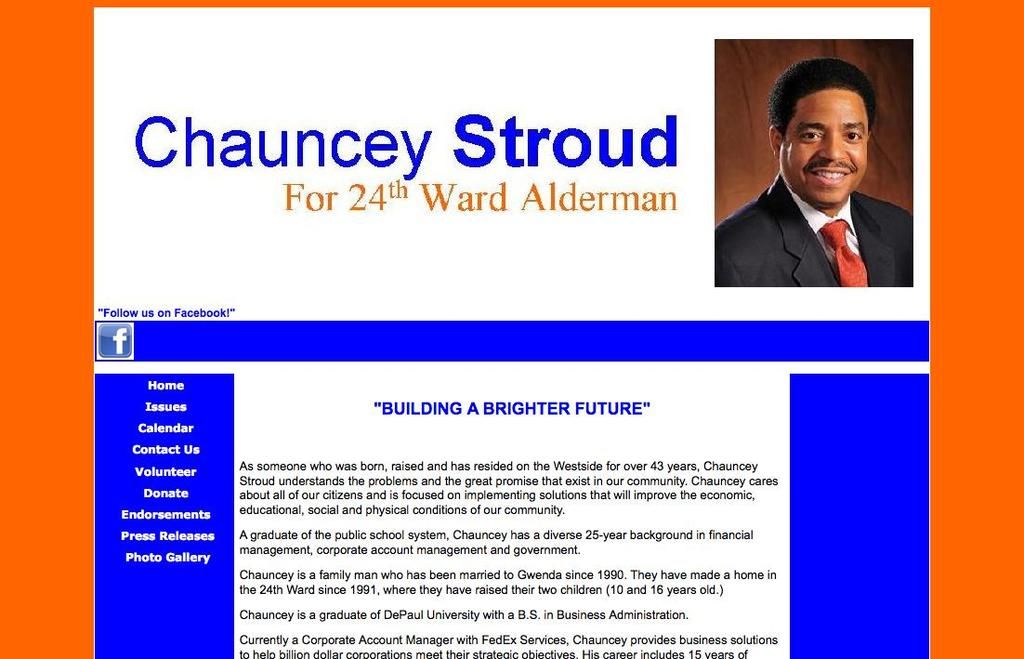Debating the Two-Percent Minimum Tax on Billionaires: A Closer Look at France's Controversial Proposal
Lawmakers in France deliberate over a two-percent minimal tax proposal targeting the wealthy.
The French Senate is currently locking horns over a controversial bill that proposes a two-percent minimum tax on billionaires. This proposal could potentially funnel around 20 billion euros into the state coffers, targeting approximately 1800 wealthy households, having already gained a green light from the National Assembly. However, with the Senate's right-leaning inclination, the outcome of the debate remains uncertain [1][2].
Before the Senate delves into the debate, the French central bank's governor, François Villeroy de Galhau, issued a word of caution, predicting questionable returns and potential economic repercussions if the tax were to be implemented, as it doesn't exist in other countries [2].
The idea for this flat two-percent minimum tax stems from renowned French economist Gabriel Zucman, who champions this concept globally. As per his think tank EU Tax Observatory report, billionaires worldwide effectively pay a meager 0 to 0.5 percent tax on their wealth, often due to the use of shell companies in tax havens [3]. On Thursday, Zucman emphasized that the planned wealth tax would primarily target individuals rather than companies [2].
As the debate unfolds, a coalition of non-governmental organizations made their presence known outside the Senate, presenting a petition signed by 64,000 supporters of the wealth tax. Layla Abdelké Yakoub from Oxfam France expressed her optimism, stating that the proposed tax would be a significant stride towards tax fairness in France [2].
In contrast, Senator Emmanuel Capus, a member of a small party within the ruling camp, voiced his opposition, likening the suggestion to a form of confiscation and a violation of tax equality [2].
Shaping the Future
The debate surrounding the two-percent minimum tax on billionaires reveals ongoing political and ideological rifts over taxation policies in France. While advocates argue that taxing the ultra-wealthy is crucial to bridging the tax burden disparity, opponents contend that such a tax might yield unfavorable consequences and be unconstitutional [3]. Economist Thomas Piketty also supports the tax, asserting that it would help address systemic inequalities and fund public services [3].
The future of the Zucman Tax hangs in the balance as the Senate deliberates. If approved, the tax would set a precedent for wealth redistribution policies in France, potentially inspiring similar movements across the globe. However, a rejection could stall progress on this contentious issue, deepening the divide between those advocating for greater equality and those protecting the status quo.
[1] ntv.de, AFP
[2] Financial Times
[3] The Guardian
- The debates within the French Senate on the two-percent minimum tax on billionaires have also sparked discussions about community policy, as advocates for the tax argue that it will help close the gap in tax burden disparity, while opponents fear potential economic repercussions and question its constitutionality.
- As the Zucman Tax continues to divide opinions among policymakers, showing just how intricate business, politics, finance, and general-news can intertwine, a potential outcome could lead to shifts in the country's employment policy, with billionaires having a reduced impact on the job market if the tax is approved.





